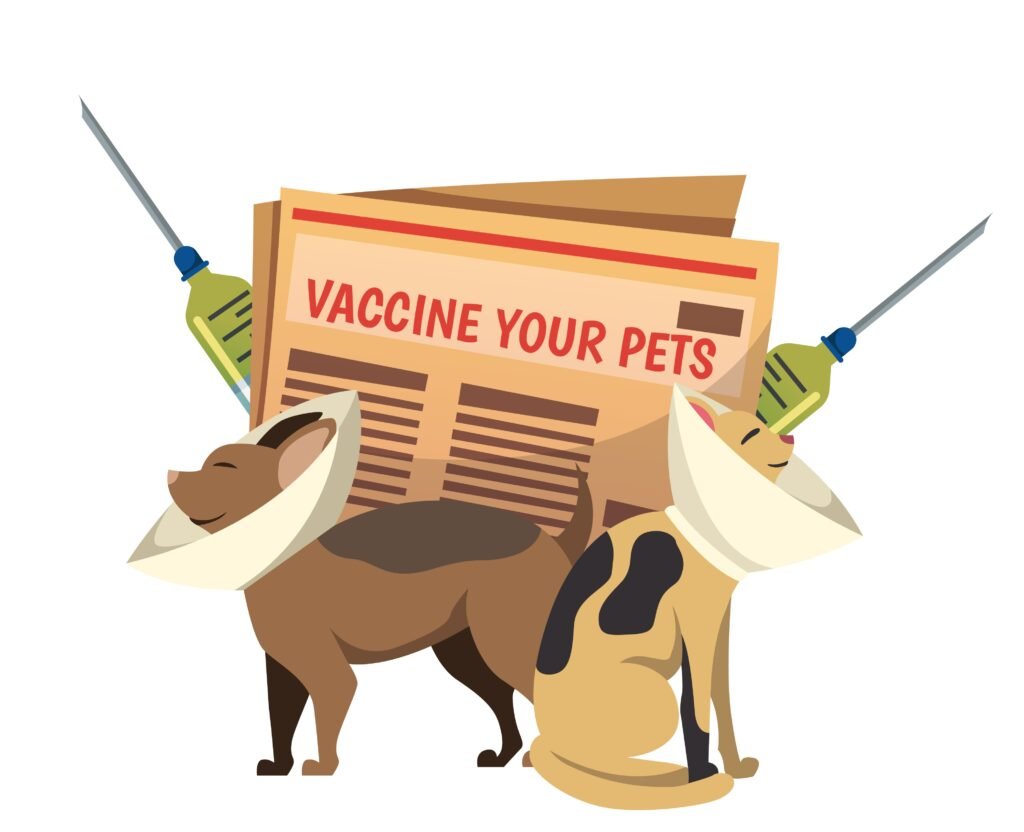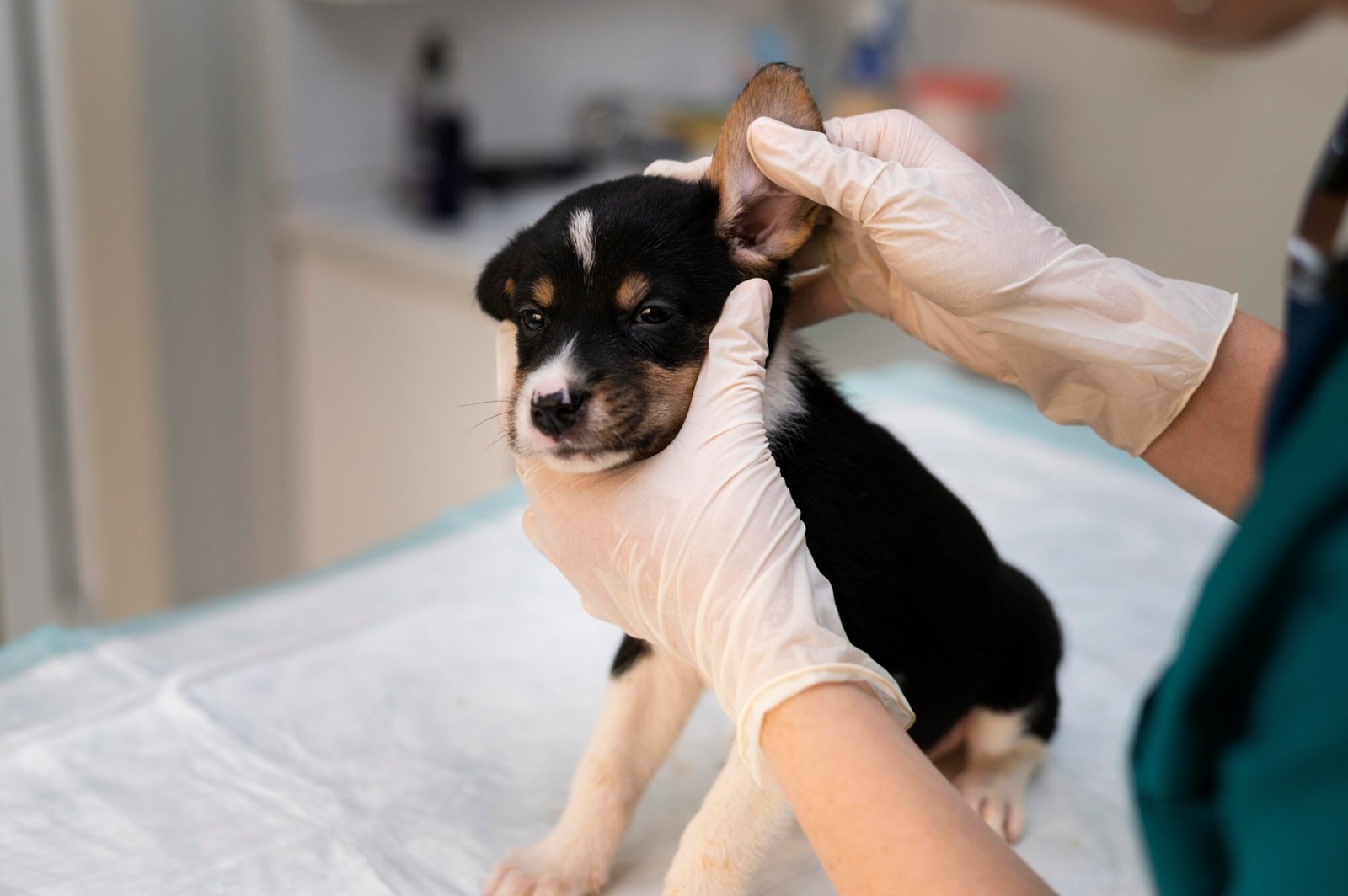Discover how to prevent fungal infections in pets. By following these tips, you can keep your furry friends healthy and happy!
What Are Fungal Infections?
Fungal infections occur when fungi, such as dermatophytes or yeasts, overgrow in your pet’s body. These organisms thrive in warm, humid environments. Consequently, pets may develop skin irritations, itching, and hair loss. In some cases, the infection can spread and affect other animals or humans. Therefore, it’s crucial to recognize the symptoms early.
Common Symptoms to Watch For
Recognizing the symptoms of fungal infections can be key to effective treatment. Common signs include excessive scratching, redness, and flaky skin. Additionally, you might notice hair loss or lesions. In cases of ear infections, pets may shake their heads frequently or scratch at their ears. If you observe any of these signs, consult your veterinarian promptly for diagnosis and treatment.
Risk Factors for Fungal Infections
Several factors can increase your pet’s risk of developing a fungal infection. For instance, pets with weakened immune systems are more susceptible. Furthermore, pets living in damp or overcrowded conditions may also be at a higher risk. Lastly, poor grooming habits can contribute to fungal growth. Thus, maintaining a clean environment is essential for prevention.

Prevention: Keeping Your Pet Safe
Preventing fungal infections starts with good hygiene practices. Regular grooming is vital. Brushing your pet helps remove loose fur and dander, reducing the risk of fungal growth. Additionally, bathing your pet with antifungal shampoos can further help. Aim to bathe your pet every few weeks, especially if they spend a lot of time outdoors.
Environment Matters
Your pet’s living environment plays a significant role in fungal infection prevention. Ensure their living space is clean and dry. Regularly wash bedding and toys. Furthermore, avoid letting your pet roam in areas that are damp or poorly ventilated. When outside, keep them away from piles of leaves or decaying organic matter, as these can harbor fungi.
Diet and Nutrition
A well-balanced diet is crucial for your pet’s immune system. Providing high-quality food helps strengthen their defenses against infections. Foods rich in antioxidants and omega fatty acids can promote healthy skin and coat. Consider consulting your veterinarian for dietary recommendations tailored to your pet’s needs. A healthy pet is less likely to suffer from fungal infections.
Regular Veterinary Check-Ups
Routine veterinary visits can help catch fungal infections early. During these check-ups, your vet can assess your pet’s overall health and recommend preventive measures. Additionally, they can perform skin scrapes or fungal cultures if there are any suspicious signs. Early detection is key to effective treatment and can help prevent the spread of infection.
Know the Risks of Over-the-Counter Treatments
While it may be tempting to use over-the-counter antifungal products, it’s best to consult your veterinarian first. Some treatments may not be suitable for your pet or may not address the specific type of infection. Moreover, improper use can lead to resistance or worsen the problem. Always prioritize professional advice for the best outcomes.
Education is Key
Educating yourself about fungal infections is essential for prevention. Familiarize yourself with the types of fungi that can affect pets and the associated symptoms. Additionally, stay informed about the best practices for pet care. Knowledge empowers you to take proactive steps to protect your furry companions.
Conclusion: A Happy, Healthy Pet
Fungal infections in pets can be distressing, but with proper knowledge and preventive measures, you can significantly reduce the risk. Focus on maintaining good hygiene, providing a nutritious diet, and ensuring regular veterinary check-ups. By taking these steps, you can help your pets live happier, healthier lives. Remember, a proactive approach is the best way to ensure your furry friends stay free from fungal infections. Together, we can create a safe and healthy environment for our beloved pets.
